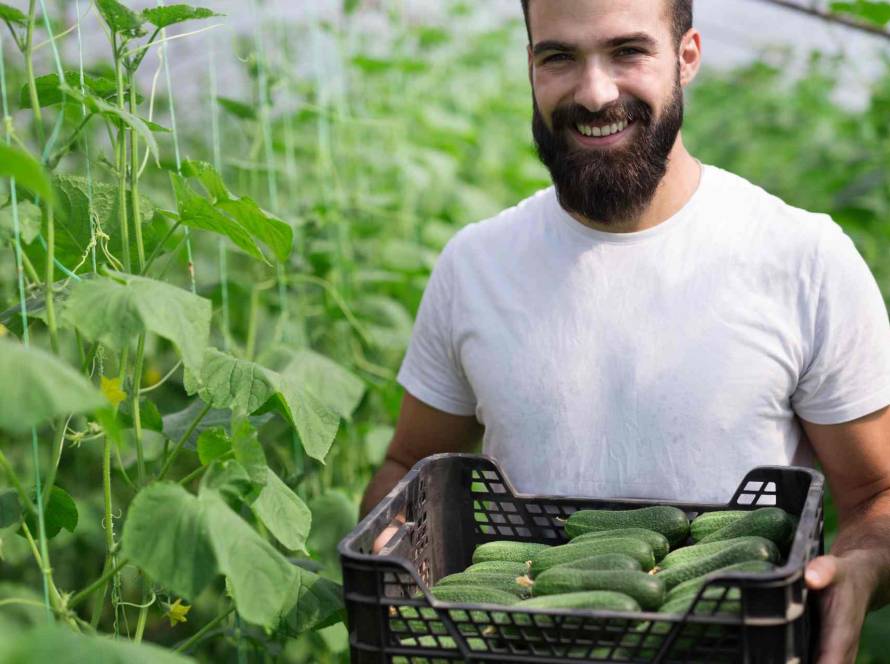Anatolia, a land with thousands of years of agricultural history, has been a cradle of production, preservation, and sharing for countless communities, from nomadic cultures to settled civilizations. Today, this ancient knowledge merges with digital technologies, sustainability principles, and global trade networks to reach tables worldwide.
So, how did Anatolia’s local products embark on this journey? What values shaped their path? And what awaits these products in the future?
The Memory of the Soil: The Deep Roots of Local Production
Anatolia’s agricultural richness stems not only from its product diversity but also from centuries-old production knowledge and traditions. In a region where wheat was domesticated, olives were cultivated, and grapes found their way to tables as wine, vinegar, or molasses, every seed carries a story.
These stories live on through:
- Production with heirloom seeds,
- The strength of women producers in local markets,
- Cooperative movements and sustainable agriculture initiatives.
The Taste of Globalization: Anatolian Flavors Reaching the World
From Europe to America, Asia to the Middle East, Anatolian flavors are now a staple in global cuisines:
- Gaziantep’s pepper paste has become a must-have in vegan restaurants.
- Aegean olives and olive oil are in high demand as “premium” products in European markets.
- Pickle culture is being reinterpreted in the U.S. and Germany amid the fermented food trend.
The foundations of this success lie in:
- Geographical indication certifications,
- Organic production standards,
- Smart logistics systems ensuring freshness,
- And storytelling through packaging strategies.
Meeting Modernity: The Technological Evolution of Agriculture
Anatolian agriculture grows not only through tradition but also through innovation. For products with export potential, technologies like:
- Sensor-based irrigation systems,
- AI-driven harvest predictions,
- Blockchain-based supply chain tracking,
are now in use. This technological integration offers international buyers not just a product but also traceability, transparency, and quality assurance.
Identity in a Jar: Bridging Culture and Packaging
Many local products succeeding in global markets offer more than just taste—they offer culture. The spiciness of peppers, the bitterness of olives, the tanginess of pickles—all carry Anatolia’s geographical, sociological, and historical codes.
This is why:
- Packaging incorporates local motifs,
- Product descriptions highlight the Anatolian narrative,
- Digital marketing shares geographic stories and images of fields.
What sets a local product apart in the global market is precisely this: production with identity and a story worth telling.
Looking to the Future: The Global Role of Local Producers
The journey of Anatolian producers to the global stage now carries not only economic but also ecological and ethical responsibilities. In the face of food crises, climate change, and supply chain disruptions:
- Local production networks,
- Cooperative-based trade models,
- Empowerment of women and young farmers,
ensure the sustainability of this journey.
Stay Local, Go Global
Anatolia’s fertile lands now produce not only for local markets but also for tables across the world. Yet, this journey becomes meaningful only when it stays true to its roots, remembers its story, and preserves its local values.





